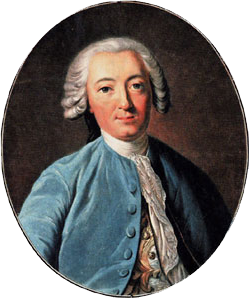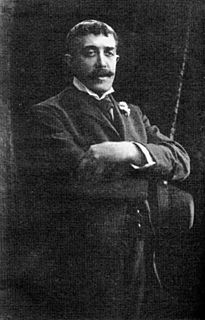A Quote by John Donne
I do not love a man, except I hate his vices, because those vices are the enemies, and the destruction of that friend whom I love.
Related Quotes
Our God is a God of love. He waits with open arms, and the unfolding of His merciful plan of salvation is not only therefore the mark of divine power but also the mark of God's relentless, redeeming love. It is a point well worth pondering because, among other reasons, it will help us to understand better why God, through the prophets, denounces sin and corruption in such scalding terms. He loves all of us, His spirit sons and daughters, but hates our vices. His denunciation of those vices may, if we are not careful, seem to obscure the enormous and perfect love He has for us.
Of all vices take heed of drunkenness; other vices are but fruits of disordered affections--this disorders, nay, banishes reason; other vices but impair the soul--this demolishes her two chief faculties, the understanding and the will; other vices make their own way--this makes way for all vices; he that is a drunkard is qualified for all vice.
Ensor sees with his imagination, but his vision is perfectly accurate, of an almost geometric precision. He is one of the very few who can really see. Like you, he has an obsession with masks; he is a seer as you and I are. The common herd, of course thinks that he is mad.*****************You shall see what sort of man Ensor is, and what a marvellous insight he has into the invisible realm where our vices are created... those vices for which our faces make masks.
He was a foe without hate; a friend without treachery; a soldier without cruelty; a victor without oppression, and a victim without murmuring. He was a public officer without vices; a private citizen without wrong; a neighbor without reproach; a Christian without hypocrisy, and a man without guile. He was a Caesar, without his ambition; Frederick, without his tyranny; Napoleon, without his selfishness, and Washington, without his reward.





































